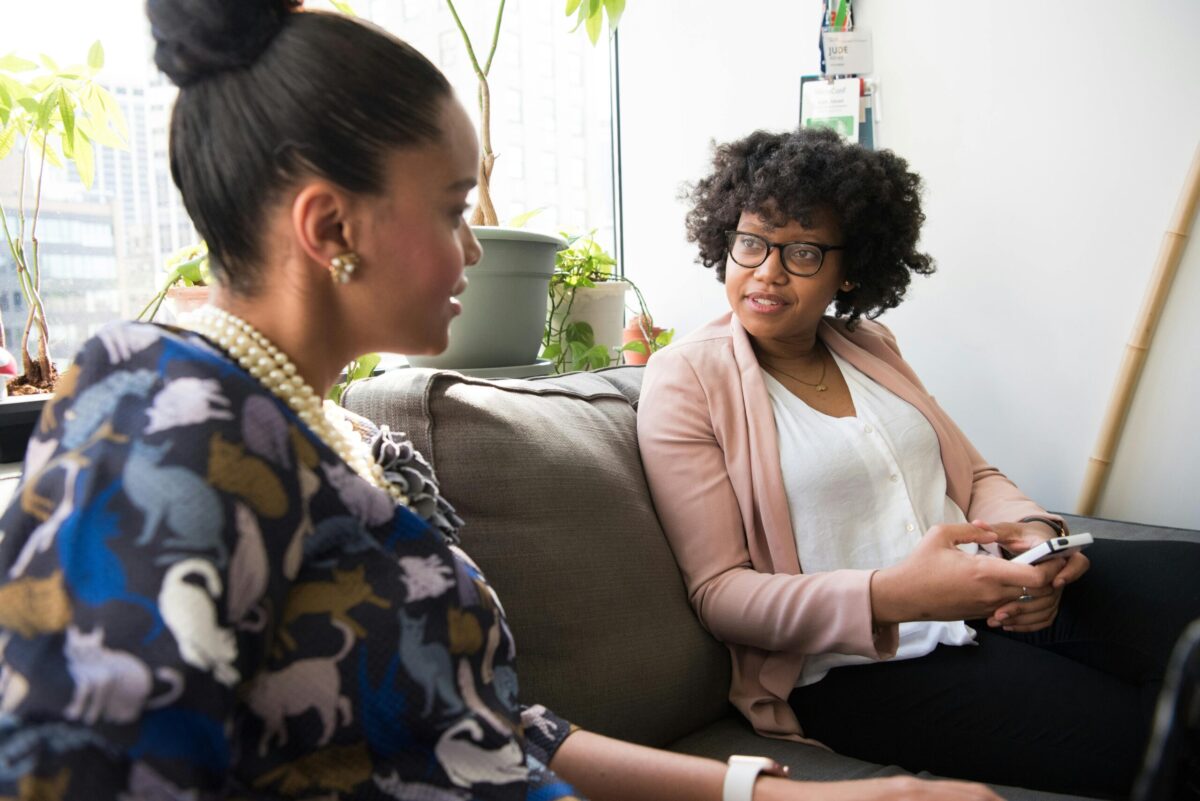During everyday conversations, when one feels the need to be understood and accepted, a person with non-judgmental listening makes it easy for one to express emotions and share experiences without the fear of being judged or misunderstood.
Have you been through moments in life where you desired to be heard, without being judged? Sometimes, all we need is someone who listens to all we want to share, and be there with us in those difficult moments. It is not for advice or judgment, not for a conclusion or an opinion, but only to feel heard and valued which we look forward to in such times.
Listening is a skill to be practiced

Not everyone can listen without judging. Even those who expect to be heard, can not at times be such listeners to others. Judging is so quick, that even before a person completes his talk, an opinion is already formed in our minds.
Sometimes people appear to be listening and we feel comfortable sharing all that is in our minds until there is a pause and we realize that a piece of advice is already coming our way.
It is natural to offer a solution or opinion to someone who talks to us about any experience or situation. But unless the person asks for it or requires it, should we make our own judgments and provide solutions?
Our response to people who open up about the sensitive moments of their lives has a profound impact on how they feel about themselves. It is essential to be mindful of our response and not jump to conclusions.
It is more important to empathize with the person’s feelings and make him/her feel heard and valued. We must make an effort to understand what the person is feeling.
Tips for non-judgmental listening
1. The right attitude
Listening with the right attitude involves empathy, patience, and genuine interest in the speaker. Adopting the right attitude improves your listening skills and helps you connect with the person talking to you.
2. Your Mindset
Being aware of your state of mind, and your biases, helps you focus on the speaker without reacting, but staying neutral.
Do not let your impulses control your reactions. Rather, allow the person to speak and express comfortably, without feeling evaluated based on your bias.
3. Body language
Show that you are engaged and open to what is being shared by maintaining eye contact, and nodding.
Use positive gestures, and a friendly tone, and do not interrupt the speaker.
4. Avoid distractions
Distractions like phones or thoughts running through your mind keep you from actively listening.
Give your full attention to the speaker and show that you respect the conversation.
5. Empathize
Acknowledge the person’s feelings without being judgmental. Try to understand the speaker’s perspective and avoid jumping to a conclusion based on your judgment.
It is not so easy to put ourselves in another’s shoes. But, instead of waiting for an opportunity to impose our feelings and opinions on others, it is necessary to convey empathy by saying something that shows that we understand how the person is feeling and that we are listening. Keeping aside the impulse to provide a judgment or instant solution and actively listening only to understand what the person has to say, helps us bond better with the person.
Listening actively is more than just hearing what is said. It is trying to understand the point of view of the person who speaks to you. Many times we find ourselves very good at talking to people, but when it is our turn to listen to what someone has to say, we fall short. Listening could be a challenge to many. But, for relationships to get stronger and for good interactions, listening attentively and showing empathy are essential.
How do you take time to listen and empathize when you meet people in everyday life? Do share in the comments.





Very nice
Thank you!
I liked this content Rancy. It is so important to be a good listener
I am glad to know that you liked the content.
Impressive Rancy.Nice
Keep it up
Thank you Sajana!
This is so useful, and something I think we can all practice doing. Often I think people listen to respond rather than understand or learn something from someone’s experience. This was great to read!
Thank you!
I’m glad you found it useful.
Wow this was very insightful and useful. I wish our political leaders and people in media followed this advice.
Allie of
http://www.allienyc.com
Thank you!
I’m glad you found this insightful.
I totally resonate with this! It’s so true that sometimes we just need someone to listen without jumping in with advice! 🙂
Lenne | lennezulkiflly.com
I agree. Sometimes all we need is someone to listen to what’s on our mind and empathize.
Pingback: Stop Being Quick to Judge People - 3 Tips - Natural goodness
Pingback: 5 Tips To Communicate Without Offending People - Natural goodness
Pingback: 7 Things To Realize Before It's Too Late - Natural goodness
Pingback: 5 Tips for Mindful Communication - Natural goodness
Pingback: Disconnected In A Connected World - Natural goodness